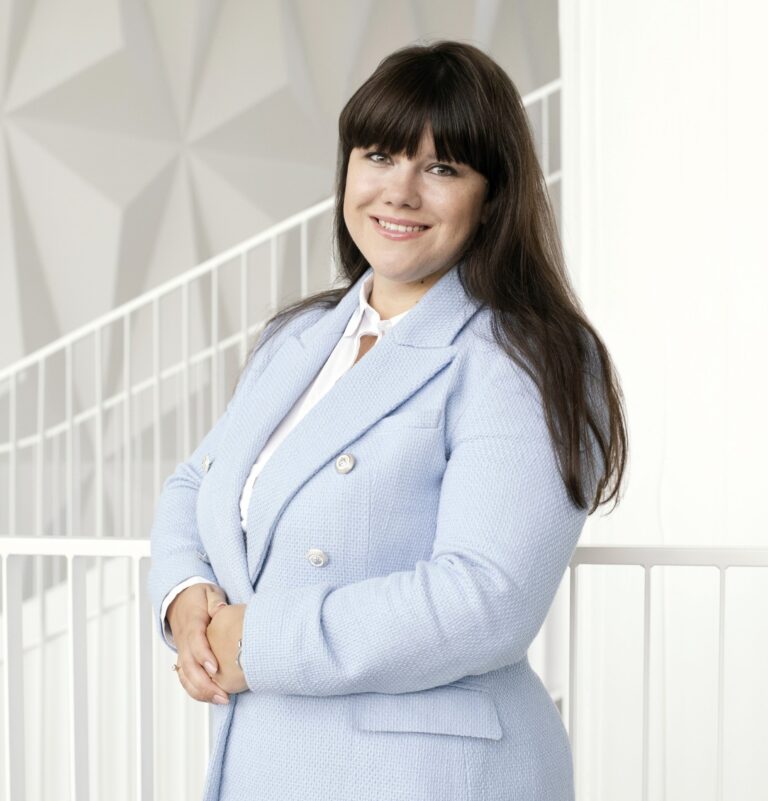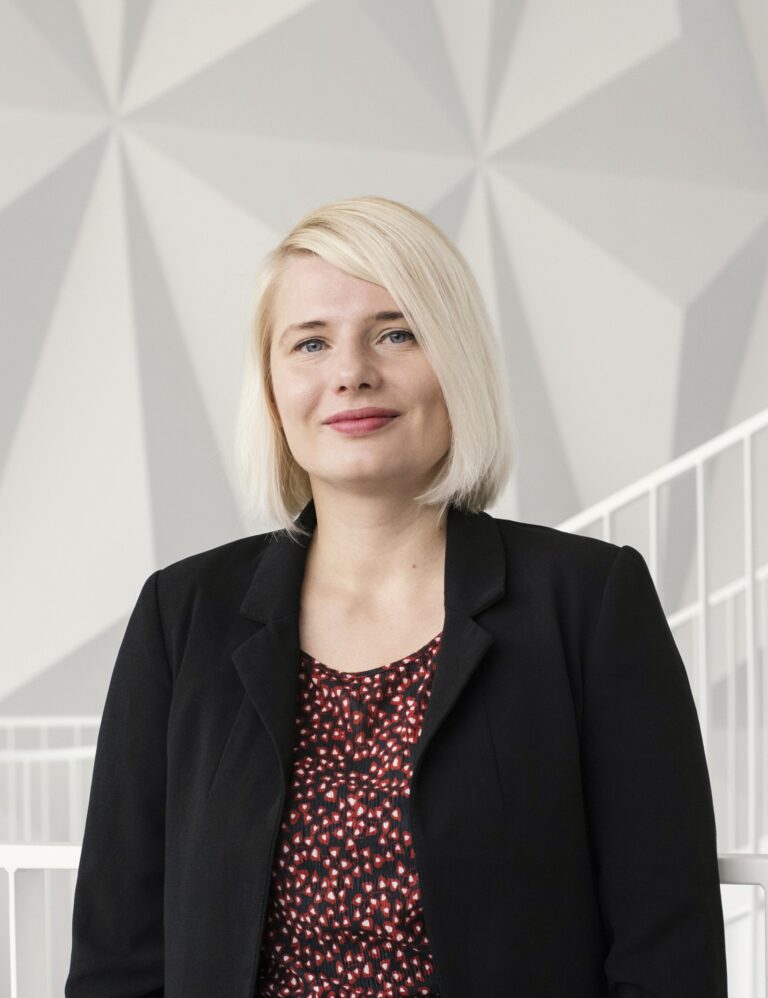Kurkime modernią Lietuvos ateitį kartu
RegistruotisMinistry of Justice of the Republic of Lithuania
Universal Jurisdiction
Problem
“Aut dedere aut judicare”
There is the obligation to extradite and prosecute perpetrators for committing such international crimes as war crimes, crimes of aggression, genocide, international terrorism by all countries (aut dedere aut judicare, Hugo Grotius).
There are various formulations of the obligation, the most well-known being the one provided under the 1970 Hague Convention dealing with terrorism on aircraft (called the “Hague formula”) and repeated in a large number of multilateral conventions (Geneva Convention and Additional Protocol I).
For this purpose, when the crime was allegedly committed abroad with no nexus to the forum State, the obligation to extradite or prosecute would necessarily reflect an exercise of Universal Jurisdiction, which is “the jurisdiction to establish a territorial jurisdiction over persons for extraterritorial events”, where neither the victims nor alleged offenders are nationals of the forum State.
Universal jurisdiction can be defined as an essential tool of international justice because of:
the limited jurisdiction of international courts (ICC and others),
national police, prosecutors and judges are all too often unwilling and unable genuinely to investigate crimes under international law (war crimes, crimes against humanity, enforced disappearances, torture, genocide and extrajudicial executions) in their own countries. For example, in Ukraine, 94 courts are not able to conduct justice because (11% are destroyed by war actions, and 9% are situated in occupied territories).
So, every state should provide its courts with effective universal jurisdiction over such grave crimes that undermine the international legal framework and eliminate any obstacles to national courts exercising such jurisdiction as agents of the international community to repress such crimes.
Prosecutor General’s Office of the Republic of Lithuania opened a pre-trial investigation in accordance with Article 100 of the Criminal Code of the Republic of Lithuania on the treatment of human beings prohibited by international law, Article 110 on aggression and Article 111 on prohibited war attacks. This indicates that Lithuania very well understands the above-mentioned obligations it has under the international law, as the signatory of Genocide and Geneva conventions. However, the additional motivation is the understanding that Ukrainian legal system is overloaded (there are registered 57 694 war crimes in Ukraine), and the assistance of other countries is very much appreciated.
Goal
The goal of the project is to conduct an analysis of how universal jurisdiction is applied in the courts of Lithuania and other European countries and to propose solutions on how to make this process more effective, especially when investigating war crimes, crimes against humanity and cases of possible genocide in Ukraine.
Project progress
2023/01/30
Analysis of the Current Situation
2023/02/01
Best International Practices
2023/02/03
Roundtable Discussion
2023/03/03
“UJ Toolkit” presented
Project files
Result
The project explored Universal Jurisdiction as a tool to achieve justice for Ukraine war victims and as a result offered Universal Jurisdiction Toolkit for pre-trial and trial.


